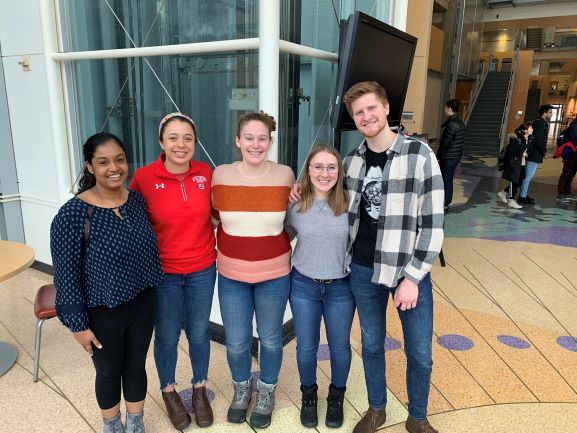Wound edge approximation
Project Overview
Over 6 million laceration cases are treated in emergency departments each year; during such repairs, skin tension pulls the wound apart while the provider is attempting to approximate the wound edges. Repair is therefore difficult, and imperfect approximation can lead to scarring and poor healing of the wound. This problem is often not an issue within operating rooms on larger wounds; however, it poses a challenge for physicians in emergency rooms, urgent care clinics, and office settings on smaller wounds ranging from 1-5 cm. A clinical tool will be developed to hold the wound edges together while the wound is either sutured or glued, acting as a “second pair of hands� for the physician. The device consists of two identical metal sides attached by two hinges and two springs. The hinges allow the device sides to pivot relative to one another, and the spring allows the sides of the device to be pulled apart by the physician and brought together once placed around the wound. The final design must be easy to use by physicians and must not impart any pain or markings onto the patient’s skin during use.
Team Picture

Files
- Journal Article (April 29, 2020)
- Team Notebook (April 30, 2020)
- Preliminary Presentation (February 6, 2020)
- PDS (May 1, 2020)
- Journal Draft (February 26, 2020)
- Final Poster (April 21, 2020)
Contact Information
Team Members
- Jurnee Beilke - Team Leader
- Kavya Vasan - Communicator
- Isabel Erickson - BSAC
- Kelly Starykowicz - BWIG
- Jack Fahy - BPAG
Advisor and Client
- Prof. Darilis Suarez-Gonzalez - Advisor
- Dr. Nicola Charlton - Client
Related Projects
- Spring 2020: Wound edge approximation
- Fall 2019: Wound edge approximation
